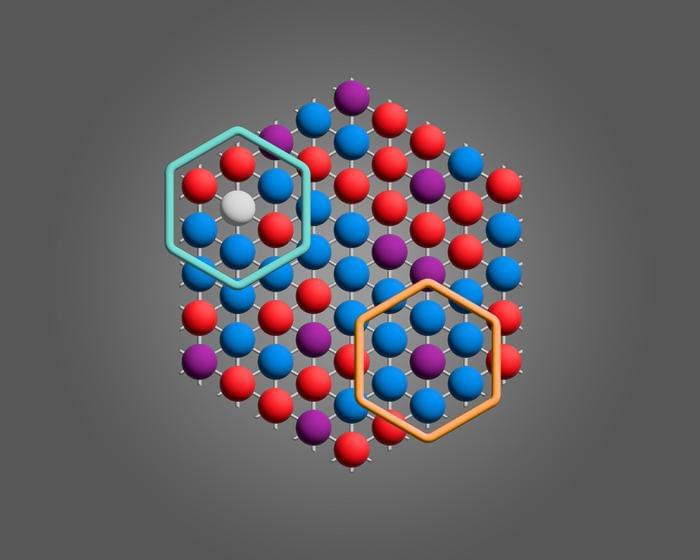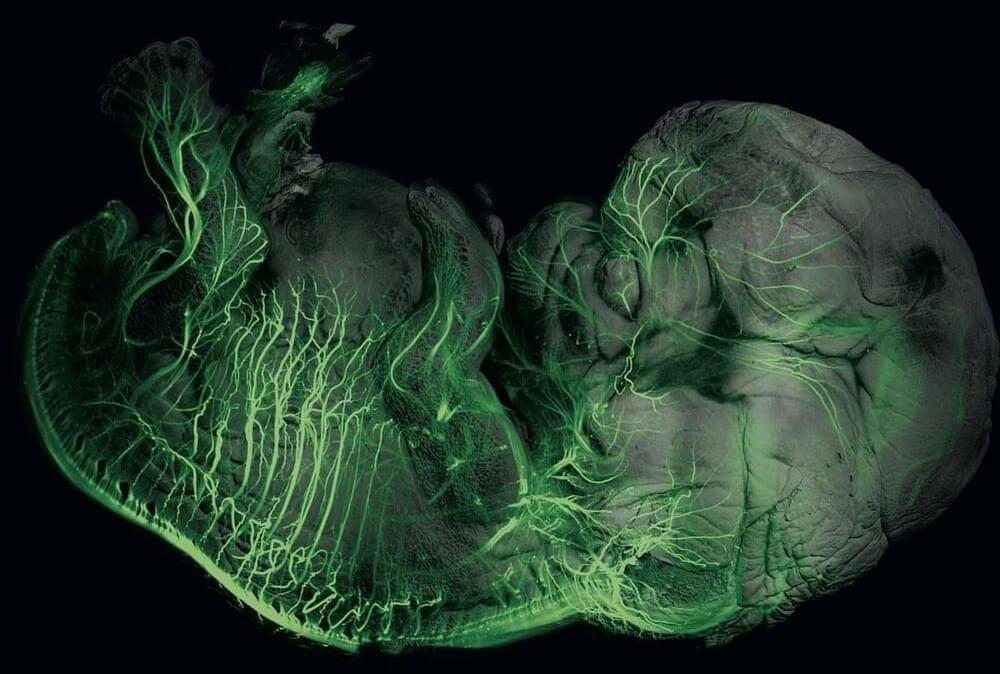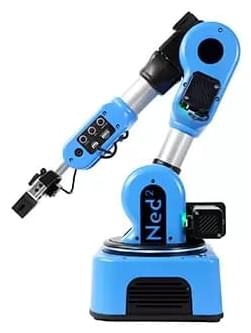Not all magnets are the same. When we think of magnetism, we often think of magnets that stick to a refrigerator’s door. For these types of magnets, the electronic interactions that give rise to magnetism have been understood for around a century, since the early days of quantum mechanics. But there are many different forms of magnetism in nature, and scientists are still discovering the mechanisms that drive them.
Now, physicists from Princeton University have made a major advance in understanding a form of magnetism known as kinetic magnetism, using ultracold atoms bound in an artificial laser-built lattice. Their experiments, chronicled in a paper published in the journal Nature (“Directly imaging spin polarons in a kinetically frustrated Hubbard system”), allowed the researchers to directly image the microscopic object responsible for this magnetism, an unusual type of polaron, or quasiparticle that emerges in an interacting quantum system.
Researchers at Princeton have directly imaged the microscopic origins of a novel type of magnetism. (Image: Max Prichard, Waseem Bakr group at Princeton University)









